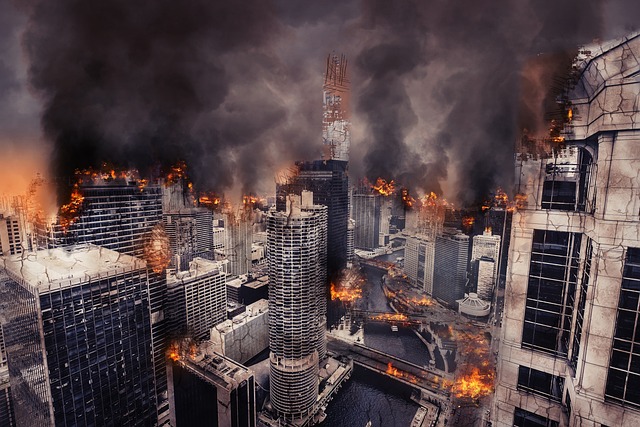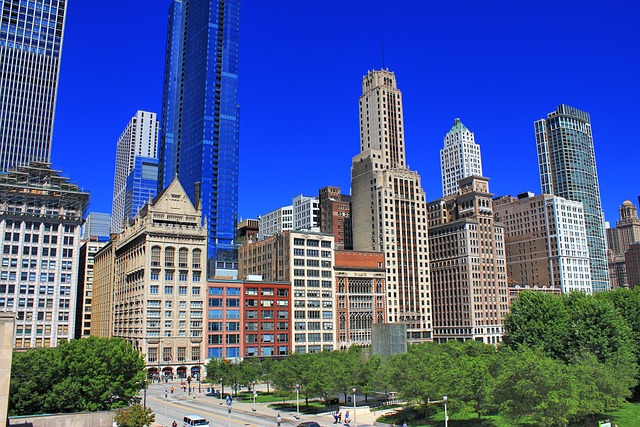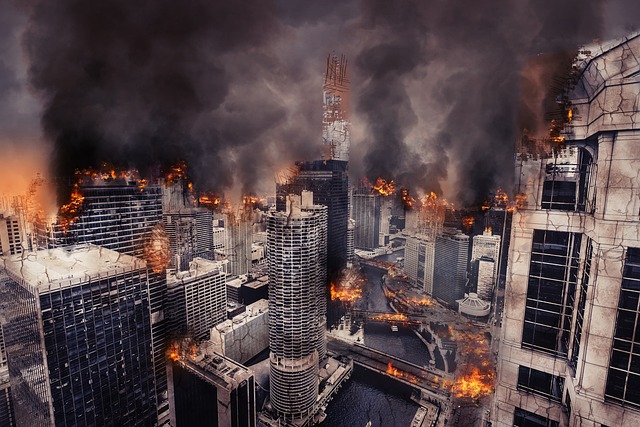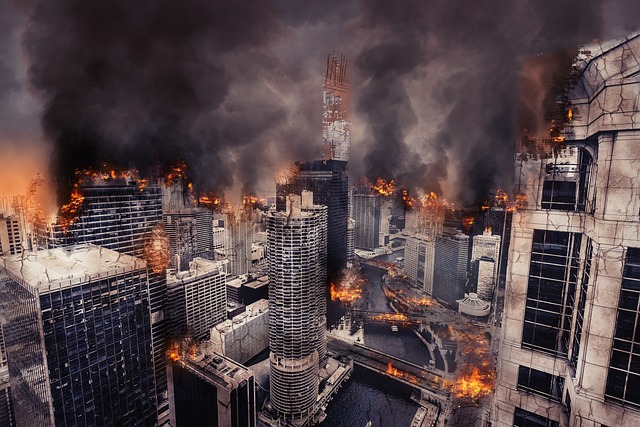In Illinois, particularly when selling a house with fire damage in Chicago, property disclosure laws mandate transparent communication between sellers and buyers. Sellers must disclose all material defects, including structural issues caused by fire, while buyers should thoroughly review disclosures and conduct inspections. This process ensures fairness and protects both parties from legal complications related to undisclosed fire damage. Understanding these requirements is crucial for successfully selling a property with such history in Chicago's competitive real estate market. When it comes to can you sell a house that has fire damage Chicago, full disclosure and transparency are key.
“Illinois property disclosure laws are crucial for both sellers and buyers navigating real estate transactions, especially when it comes to fire-damaged properties in Chicago. This comprehensive guide delves into the intricacies of these laws, clarifying what constitutes fire damage and outlining seller obligations. We explore buyer rights and remedies, common exclusions, and exceptions, ensuring you’re informed about the process of selling a house with fire damage in Chicago. Understand your legal standing and make informed decisions with our detailed insights.”
- Understanding Illinois Property Disclosure Laws
- What Constitutes Fire Damage for Legal Purposes?
- Seller Obligations in Disclosing Fire-Damaged Properties
- Buyer Rights and Remedies in Chicago Real Estate Transactions
- Common Exclusions and Exceptions to Disclosure Requirements
Understanding Illinois Property Disclosure Laws

In Illinois, property disclosure laws are in place to ensure transparency between sellers and buyers during real estate transactions. These laws mandate that sellers disclose any known material defects or issues with the property, including fire damage. If a home has experienced fire damage in Chicago, the seller must reveal this information to potential buyers. This is crucial for buyers to make informed decisions about purchasing a property with such a history.
Understanding these disclosure requirements is essential for both parties involved. Sellers are responsible for accurately reporting any known issues, while buyers should carefully review the disclosures and conduct thorough inspections. In cases of significant fire damage, it’s not just about revealing the occurrence but also providing details that can impact the home’s structural integrity, potential safety hazards, and repair costs.
What Constitutes Fire Damage for Legal Purposes?

When it comes to Illinois property disclosure laws, understanding what constitutes fire damage is crucial, especially when considering if and how to disclose it to potential buyers if you’re selling a house that has sustained such damage in Chicago. Legally, fire damage refers not only to the visible signs of charring or burning on walls and structures but also encompasses a broader range of impacts. This includes structural changes due to fire, such as weakened floors or compromised load-bearing walls, which may require professional repair estimates. Additionally, hidden damages like damaged electrical wiring or plumbing from water used in firefighting efforts are also considered significant.
Disclosing these issues is not just about legal obligation but also fostering transparency between sellers and buyers. In Chicago, property disclosures are an integral part of the real estate transaction process, ensuring that potential buyers have all necessary information before making a significant investment. Therefore, it’s essential to accurately report any fire damage, its extent, and the associated repair costs or estimates to avoid legal complications in the future, especially when addressing questions about selling a house with fire damage in Chicago.
Seller Obligations in Disclosing Fire-Damaged Properties

When it comes to selling a property with fire damage in Chicago, Illinois, sellers have strict obligations under the state’s disclosure laws. According to these laws, sellers must disclose any known material defects or hazards on the property, including structural issues caused by fire damage. This is crucial as it ensures transparency and allows potential buyers to make informed decisions about purchasing a home that has been affected by fire.
In Chicago, selling a house with fire damage requires sellers to provide detailed information about the extent of the damage and any repairs or renovations undertaken. This includes revealing the nature of the fire (e.g., its cause and size) and describing the steps taken to mitigate potential risks associated with the damage. Failure to disclose such information accurately can result in legal consequences, as buyers may have grounds for litigation if they later discover undisclosed defects that impact their health or safety.
Buyer Rights and Remedies in Chicago Real Estate Transactions

In Chicago real estate transactions, buyers have significant rights and remedies protected by law. When purchasing a property, especially one that has sustained fire damage, buyers can insist on transparency and disclosure from sellers. The Illinois Property Disclosure Act mandates that sellers reveal any known defects or material issues in the property, including structural problems, water damage, or, as relevant here, fire damage. This information empowers buyers to make informed decisions and negotiate terms, ensuring they’re not left with unexpected costs after the sale.
If a buyer discovers undisclosed fire damage during or after the purchase, they may have legal recourse. They can seek damages for fraud or breach of contract, particularly if the seller knew about the issue but failed to disclose it. In cases where the fire damage is significant, buyers may even have the right to terminate the sale without penalty. Understanding these rights is crucial when navigating Chicago’s real estate market, especially when considering a property with a history of fire damage.
Common Exclusions and Exceptions to Disclosure Requirements

When it comes to selling a property in Illinois, including those with historical fire damage in areas like Chicago, buyers have certain expectations regarding transparency and disclosure. However, there are common exclusions and exceptions to these requirements. Many standard disclosure forms exclude specific items or situations, such as minor cosmetic issues or routine maintenance tasks. This means that sellers are not legally obligated to reveal every tiny detail about the property’s history.
One notable exception is significant structural damage or major repairs, including fire damage that has altered the building’s integrity. If a home has experienced substantial fire damage and subsequent renovations, it falls under the disclosure requirement. Sellers must disclose any known issues related to the fire and the extent of the subsequent repairs, providing potential buyers with accurate information about the property’s current state. This transparency is crucial for ensuring fair transactions and mitigating future legal disputes in the Chicago real estate market.
When it comes to selling a house with fire damage in Chicago, understanding Illinois property disclosure laws is paramount. These regulations aim to protect both buyers and sellers by ensuring transparency regarding any potential hazards or repairs needed. By clearly defining what constitutes fire damage and outlining the obligations of sellers, buyers can make informed decisions. Moreover, knowing their rights and remedies equips them to navigate the real estate transaction process smoothly. While there are common exclusions and exceptions to disclosure requirements, staying compliant with the law is essential to avoid legal complications. Thus, whether you’re a seller looking to disclose or a buyer seeking clarification, familiarity with these laws is key when considering properties in Chicago that have experienced fire damage.






